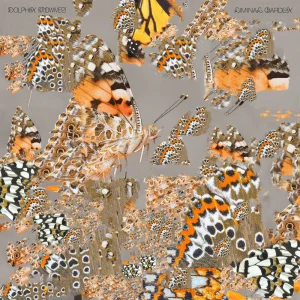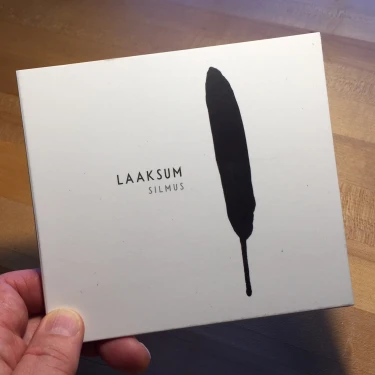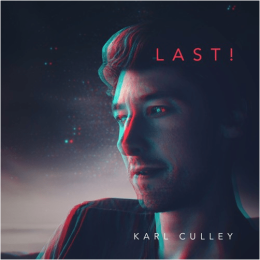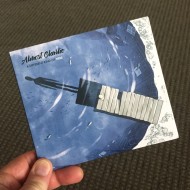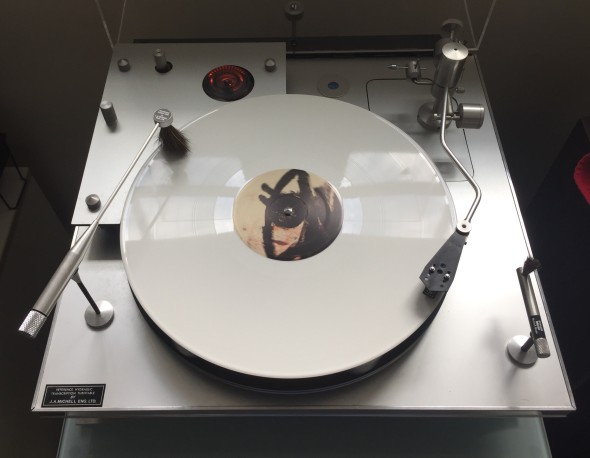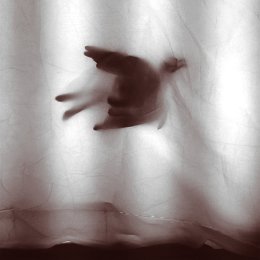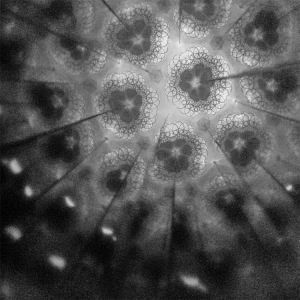
CD and Download Time: 30:10
https://machinefabriek.bandcamp.com/album/eau
There is an awakening, but the mind is foggy, vision blurry and hearing is trying to clarify. Then the realization, the nearly imperceptible, but ever-present rhythm of waves, and the enduring ebb and flow of the tides. It is caused by the slow dance of the Earth and Moon as well as the sinuous atmosphere. The flow is incoming, then retreating, at advancing times each day. The macro-rhythm of the water moves predictably, but it’s never the same. One could awaken one day to an ebb, and the next to a flood.
States of mind can change in daydreams as alpha waves are created and then dispersed by fleeting sounds, glimmers of light, gentle movements or drifting aromas. Where do we begin with eau, where do we end, does it really matter? Perhaps, in a way, that’s kind of the idea. It’s cyclical, it cleanses the mind, washing away thoughts that are distracting, while immersion within it aids in blurring the sense of time.
Although moderately indistinct while in a state of relaxation, I detect that eau is divided into four parts, but again, does it really matter to the overall perception of the experience?
One: At first, jittery granular voices, with gently plucked electric guitar (buzzing occasionally with a tightly controlled Frippian growl). Then there are more distinct and gradually entwined loops of voices and guitar, which transform into choral harmonies.
Two: About halfway into the recording there is a respite of tonal percussion, keyboards and (perhaps) guitar harmonics, but still with a gentle undercurrent of voices. It’s like lying in the bottom of a boat, in a gentle breeze, and hearing the water gently wash against the hull.
Three: At about seventeen-and-a-half minutes, voices and guitar return (recurrent flow), but it is a tide with percussive flotsam and jetsam. Some surprises have washed in. Sounds are crisper.
Four: Just before twenty-two minutes, a threshold is encountered after expanding layers of voices and sizzle (more of that subtle growl too). Then…a plucked string casts the sounds off into the distance, where they gradually become more indistinct. The voices and sounds are gradually hushed, akin to a quiet harbor at night. A fog seems to roll in, with the quietude.
In a way, like the shift of advancing tidal rhythms, eau could be encountered at any point in the recording, and left to loop, even slowing the speed to change the sounds and distort the sense of time further. The choice of how to encounter eau could be up to the listener.
There are no rip currents here, only calm seas.
****
Mariska Baars has worked with Rutger Zuydervelt both as a duo in 2008, on the album Drawn as well as with the quartet Piiptsjilling. Rutger Zuydervelt records as a solo artist, as well as with many different collaborators and is also known by the moniker Machinefabriek. EAU was mastered by sound artist and musician Stephan Mathieu.

This is a solicited review.

